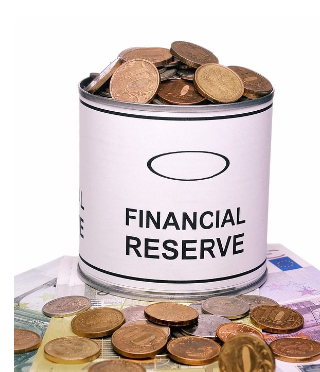Sanctions were “melting away” Russia’s ability to finance the war, the EU has said, but China and Turkey are helping it to get around Western blockades, reports EUObserver.
The EU’s most painful measures have hit the energy and banking sectors, the EU Commission said in an internal report dated Monday (10 October) and seen by EUobserver.
“Markets are already turning away from trading Russian oil, months before the EU import ban kicks in. Only two-thirds of previously European-bought volumes are currently rerouted, at a major discount of around $25 per barrel,” the EU report said.
Buoyed by a temporary spike in energy prices earlier this year, Russia’s budget surplus was RUB 500bn (€8bn) in the first half of 2022.
But “oil production is down by 10 percent, and gas production declined by 22 percent year-on-year in August,” while the surplus “shrank to just RUB 137bn over the summer”, the commission said.
WATCH: Ukraine Counter-Attack Will Have Daunting Consequences for Turkey
“Russia’s war chest is thus melting away,” it said.
“The EU oil and petroleum products embargo [due to enter into force in December] … coupled with a multilateral ‘oil price cap’ will significantly dent Russian export revenues and further cloud the country’s economic outlook,” it added.
With all but one major Russian bank blacklisted by the EU, Russian lenders have closed 670 offices in a sign of “severe stress” in the sector, the commission said.
“Banks will need to be recapitalised” by the Kremlin, it said, with “additional capital injections [that] might amount to about RUB 2 trillion”.
At the same time, few international investors were interested in buying Russian bonds.
“Domestic issuance remains [the Kremlin’s] almost the only source of raising funds, and with dwindling incomes and troubles brewing in the banking sector, demand is bound to remain weak,” the commission noted.
‘Protracted recession’
“As a combined result of the war itself and the sanctions, Russia has entered a protracted recession, which might last for an extended period,” it said.
“The Russian ministry of finance’s plans to cover the budget deficit in the next three years by borrowing domestically do not seem plausible,” it added.
The economic calculations have a direct bearing on the battlefields of Ukraine, because Russian president Vladimir Putin might change military tactics if he cannot finance a years-long siege.
The EU sanctions also blocked €90bn a year of Russian exports to Europe, prompting Russian steel production to fall by up to 30 percent and lumber production by 90 percent.
They blocked €30bn a year of high-tech and industrial EU exports to Russia, eroding its factories’ ability to make basic consumer items such as cars, refrigerators, and washing machines.
EU states have frozen €17.4bn of Russian individuals’ assets in Europe to add insult to injury.
And about 40 percent of the 3,000 or so foreign companies active in Russia had left the country or were fixing to leave, costing 540,000 jobs in what the EU called a “mass exodus” of investors.
China and Turkey
The EU analysis comes after a study by Yale University in the US came to similar conclusions in July.
“There is no path out of economic oblivion for Russia as long as the allied countries remain unified in maintaining and increasing sanctions pressure against Russia,” the Yale report said.
But China and Turkey were leading the way in helping Putin get around EU trade embargoes, the commission warned.
“Exports from China to Russia of the top 30 items in this range (from transport equipment to electric machinery) previously imported from the EU and the US fell hard after the invasion, but in August rose by 20 percent on a year-to-year basis,” its report said.
Turkey is meant to be a Nato ally, but “the value of Turkey’s exports to Russia nearly doubled since the second quarter, showing the same trend in several key sectors,” the commission said.
“In tandem with this development, exports of some member states to Turkey have also risen sharply over 2022,” it added, in a tell-tale sign of circumvention.
WATCH: Turkey Is Facing Sanctions Again
In a third “red flag”, the commission said, “EU exports to Kyrgyzstan over the period 05/18 September … show almost a four-fold increase over pre-invasion levels”.
Follow our English language YouTube videos @ REAL TURKEY: https://www.youtube.com/channel/UCKpFJB4GFiNkhmpVZQ_d9Rg
And content at Twitter: @AtillaEng
Facebook: Real Turkey Channel: https://www.facebook.com/realturkeychannel/
